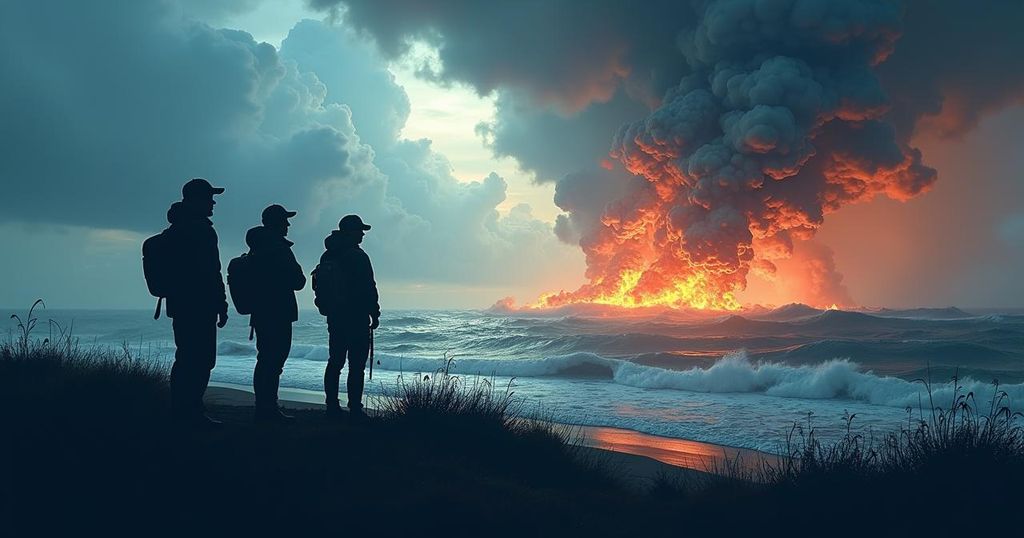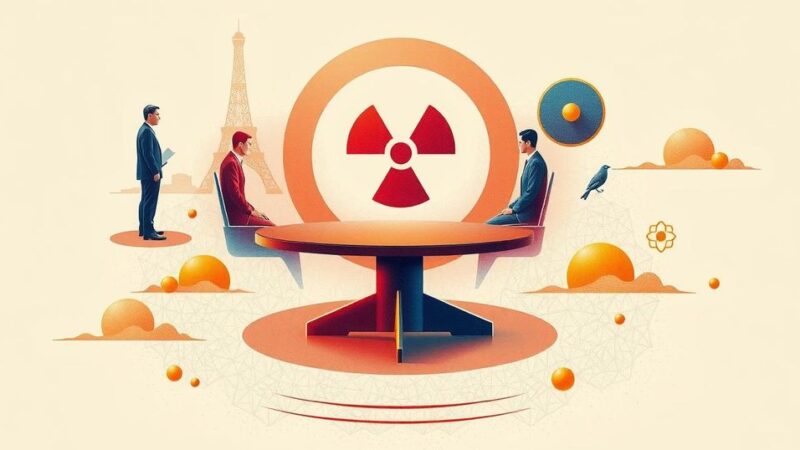Meteorologists are witnessing firsthand how climate change intensifies natural disasters, with John Morales of South Florida’s National Weather Service noting extreme cases like Hurricane Milton, which soared to Category 5 rapidly. This year has seen catastrophic floods and record temperatures due to global warming, underscoring the need to heed expert warnings about severe weather.
In recent years, meteorologists have been grappling with the undeniable effects of climate change and global warming, which are now evident through the increasing frequency and severity of natural disasters. Notably, this year has witnessed the development of remarkably intense storms, as meteorologists closely study the interplay between rising global temperatures and weather phenomena. As Hurricane Milton approached Florida, mandatory evacuation orders were enacted due to the storm’s rapidly intensifying nature. South Florida’s prominent meteorologist, Mr. John Morales, a Hurricane Specialist for the National Weather Service, emphasized that climate change is significantly influencing the formation and strength of these natural disasters. Mr. Morales has firsthand experience with the evolving weather patterns, which have led him to predict the catastrophic nature of storms well before they form. On October 7th, Mr. Morales reported on Hurricane Milton’s sudden escalation to a Category 5 hurricane. His emotional response during the broadcast underscored the gravity of the situation as he remarked on the storm’s unprecedented drop in pressure, stating, “It has dropped 50 millibars in 10 hours. I apologize. This is just horrific.” The severity of storms continuing to develop illustrates a concerning trend, where historical weather patterns are increasingly overshadowed by erratic and intense phenomena. These incidents are further exacerbated by the ongoing impacts of extreme heat, leading to devastating floods in multiple regions around the world and record-breaking temperatures that have caused significant agricultural distress. It is imperative to acknowledge and act upon the warnings of experienced meteorologists regarding severe storms, as the evidence strongly indicates that climate change is a primary factor in the current weather crisis. Ignoring such expert opinions can lead to disastrous consequences for communities. In summary, the direct experiences of meteorologists like John Morales highlight the critical impact of climate change on weather and natural disasters. The dramatic rise in storm intensity, exemplified by Hurricanes like Milton, necessitates immediate attention and action to mitigate future catastrophic events.
The current trends in climate patterns have raised alarm among meteorologists and scientists worldwide. Climate change, primarily driven by human activities such as fossil fuel combustion and deforestation, has resulted in unprecedented changes to our weather systems. Rising global temperatures contribute to more extreme weather events, including stronger hurricanes, intense heatwaves, and significant flooding. Meteorologists play a crucial role in predicting these disasters, using their expertise to help safeguard populations by issuing early warnings and advising on evacuation procedures.
In conclusion, the alarming increase in natural disasters attributed to climate change requires our urgent attention and action. The insights offered by meteorologists like John Morales provide an essential perspective on the evolution of storm patterns and their catastrophic potential. As global circumstances continue to shift, it is critical for individuals and communities to heed the warnings of expert meteorologists and take proactive steps to ensure their safety and preparedness.
Original Source: www.thetravel.com






